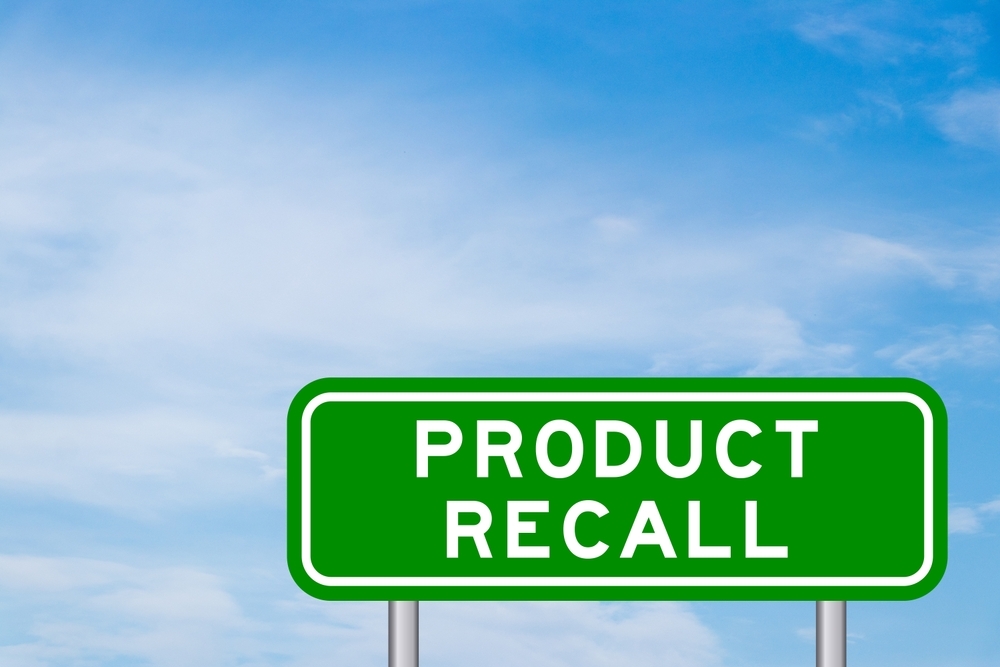
The plaintiff in the lawsuit, Danny Weeks, sued the current and former drug makers that sold the brand-name and generic versions of the metoclopramide, which is the generic version of Reglan. The drug, Reglan, and its equivalent, is prescribed for chronic digestive problems. After taking the drug, Mr. Weeks developed tardive dyskinesia, which is a permanent neurological disorder characterized by uncontrollable movements.
Defendant, Wyeth, Inc., and the other brand-name manufacturers of the drug tried to have Mr. Weeks’ and his wife’s claims dismissed. They argued, in part, that the brand-name manufacturers had no duty to warn about the risks associated with the generic form of the drug.
In this decision, Alabama’s highest state court affirmed its 2013 ruling in the case. In 2011, the Alabama trial Court held that under Alabama law, the plaintiffs may be able to state a claim against the brand-name manufacturers, if they could show that they had a duty to warn. In 2013, the Alabama Supreme Court reviewed that decision, and agreed, holding that the name-brand manufacturers may be held liable for misrepresentation claims if such a duty exists.
In this most recent decision, relying on the learned intermediary doctrine, Justice Michael Bolin, on behalf of the majority of the Court, said that Wyeth and the other brand-name manufacturers cannot argue that they have no duty to the plaintiffs simply because they are not in direct contact with the patients. Prescription drug manufacturers fulfill their duty to warn by providing adequate warnings to prescribing doctors. Once that duty is met, the prescription drug manufacturer owes no further duty to the consumer. However, if the warning to the prescribing healthcare provider is inadequate, the manufacturer becomes directly liable to the drug user for injuries resulting from those inadequacies.
Because federal law requires brand-name and generic drug labelling to be identical, “[A]n omission or defect in the labeling for the brand-name drug would necessarily be repeated in the generic labeling, foreseeably causing harm to a patient who ingested the generic product,” according to Justice Bolin. Consequently, it was reasonably foreseeable that Mr. Week’s doctor would rely on Wyeth’s misrepresentations even where only the generic form of the drug is used.
Of course, the Court limited its ruling to prescription drug manufacturers operating under specific FDA regulations related to labeling requirements. The Court made clear that it is not creating a new tort of “innovator liability,” where “a plaintiff can sue Black & Decker for injuries caused by a power tool manufactured by Skil based on labeling or otherwise.”
Free Case Evaluation
More About HHK
Other Product Liability News
Billions of consumer products are manufactured every year. Unfortunately, mistakes […]
Over the years, Americans have seen many high-profile product liability […]
Summer is around the corner, and countless people will soon […]
Is the recall of 29 million dressers, a $50 million […]
E-Cigarettes have become very popular as an alternative to smoking. […]







